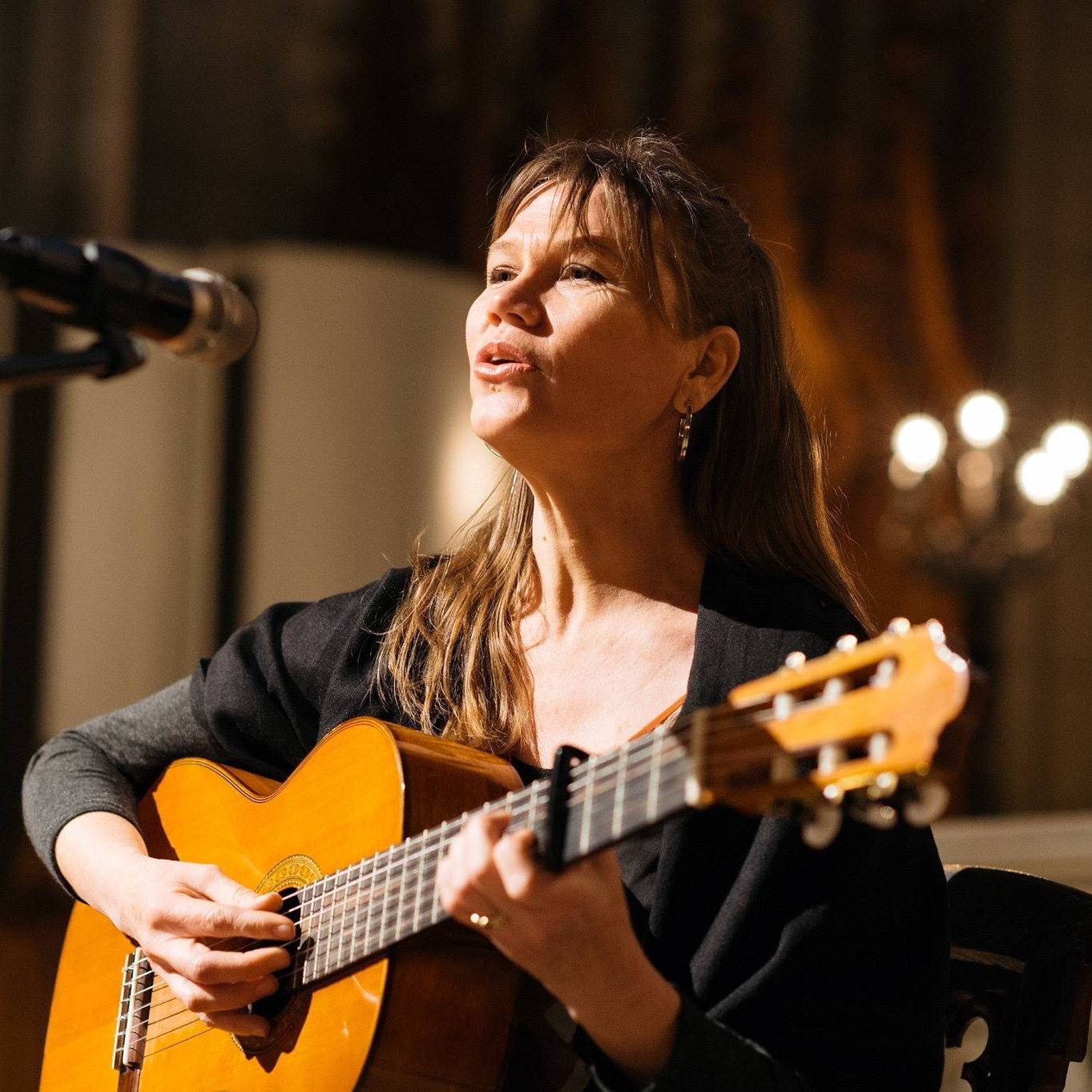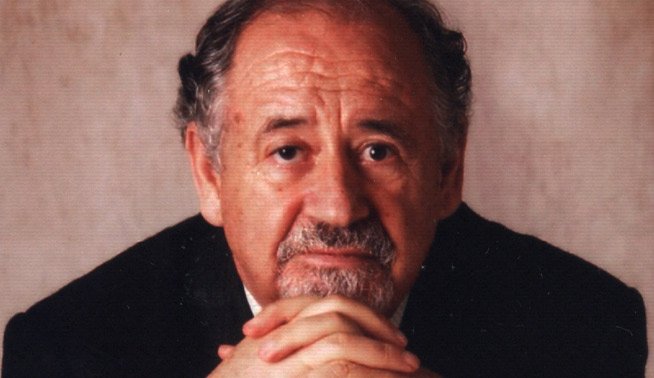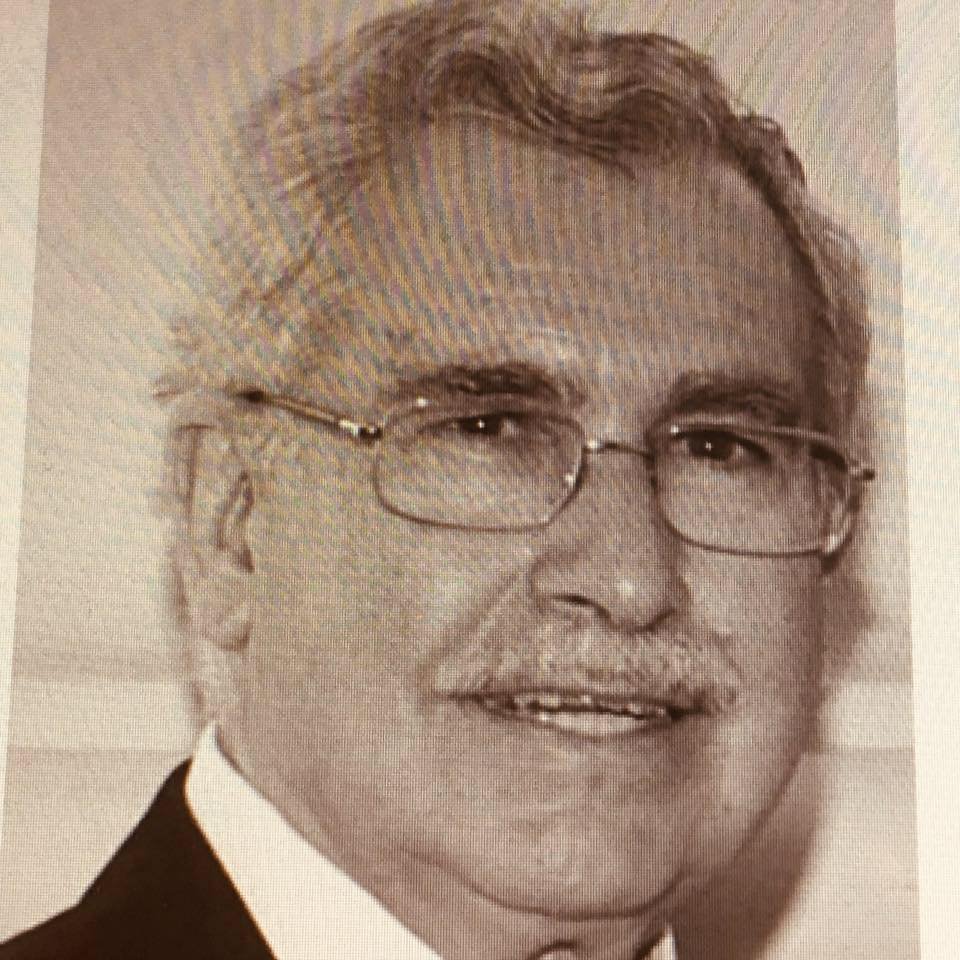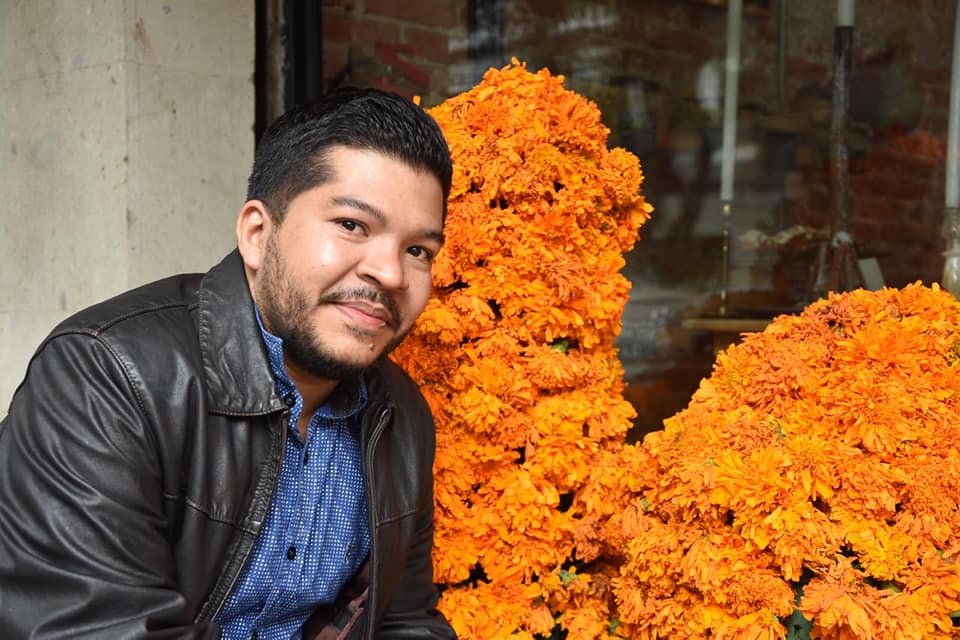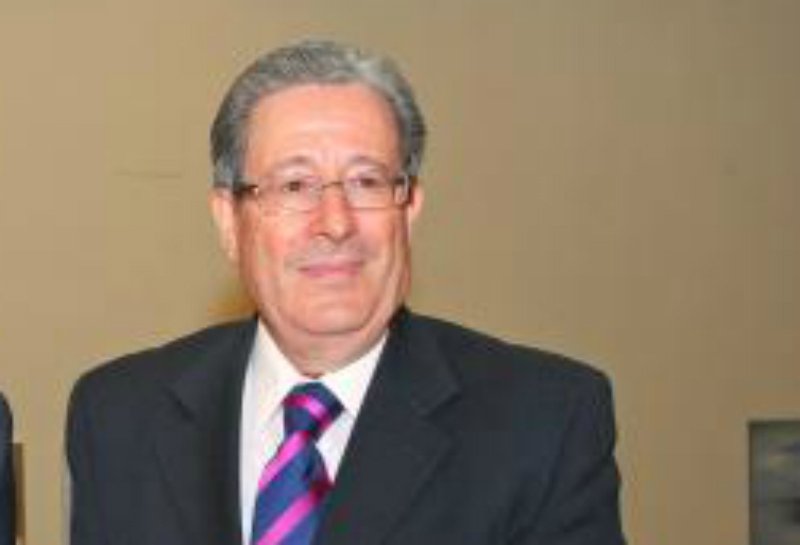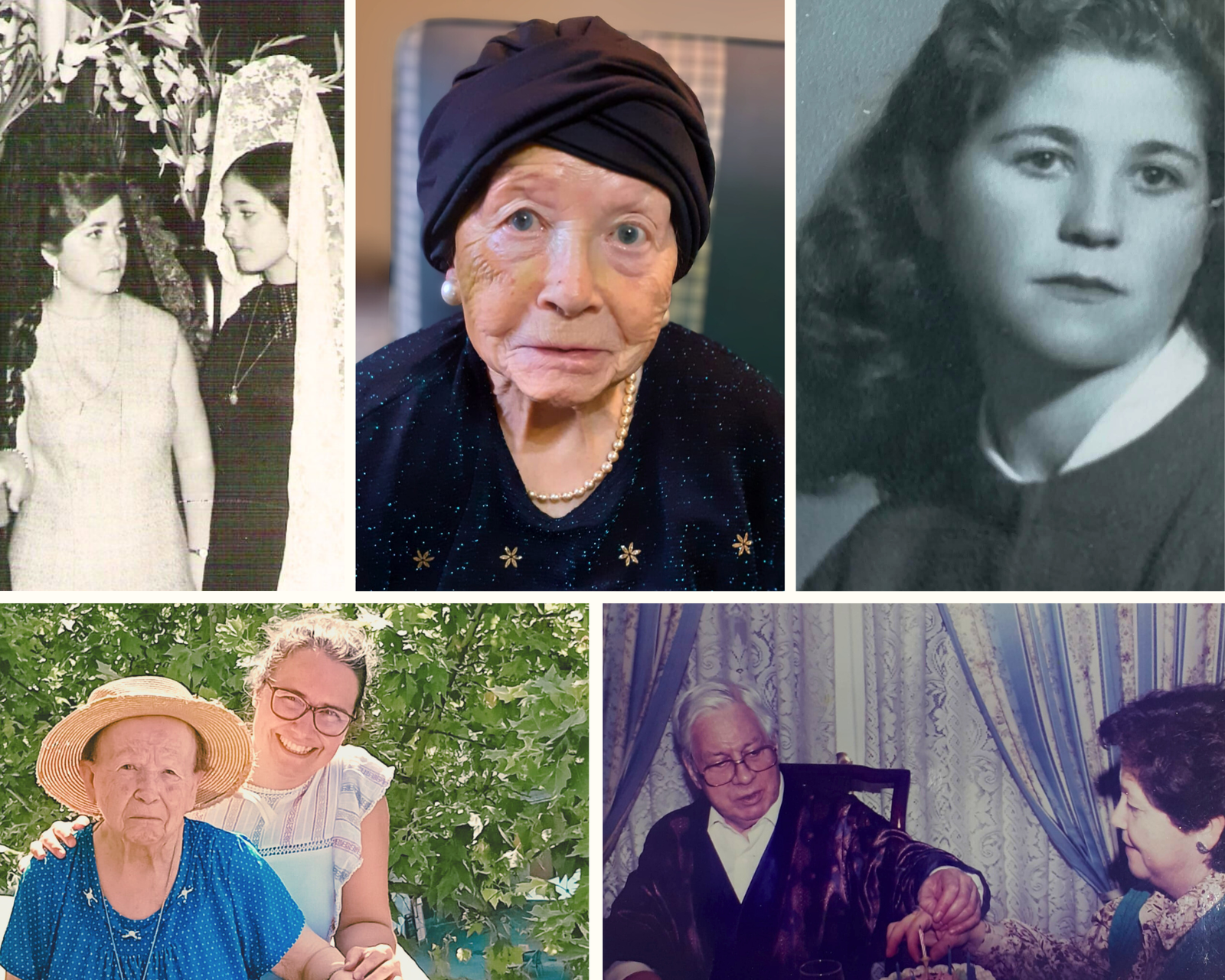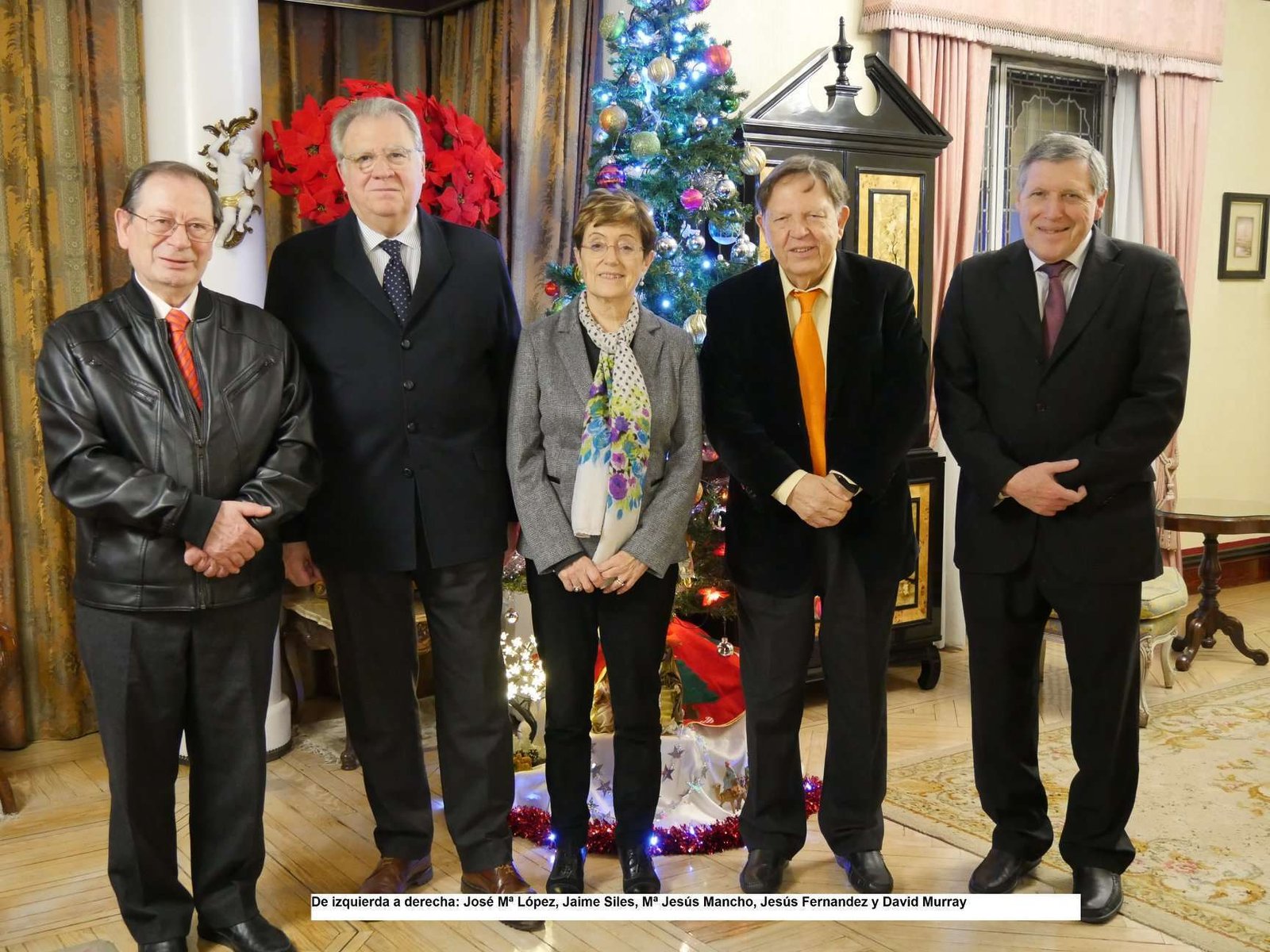
In its XXXIXth edition, ten works from Italy, Panama and Spain, selected among 248 poetic works from 25 countries, are finalists of the Fernando Rielo World Prize for Mystical Poetry. The ten works selected are running for the prize which will be awardes on December 12 at the Pontifical Salamanca University.The finalist poets and their works are:
Terrible ángel de sed, de Miguel Sánchez Robles (Caravaca de la Cruz, Murcia, España);
El alma que me diste, de Antonio Bocanegra Padilla (San Fernando, Cádiz, España);
El Respiro, Tu Espíritu dentro de mí de Theresia Bothe (Partinico, Sicilia, Italia);
El pastor resplandeciente, de Javier Alvarado (Panamá);
Tu presencia es trigal de mi esperanza, de Luis García Pérez (Ciudad Real, España);
Monte de las Bienaventuranzas, de Lucrecio Serrano Pedroche (Albacete, España);
Aspira a lo celeste de Iván Cabrera Cartaya (Tacoronte, Tenerife, España);
Tu clara presencia, de Teresa de Jesús Rodríguez Lara (Santa Cruz de Tenerife, España);
Con los párpados vencidos, de Carlos González García (Fresnedillas de la Oliva, Madrid, España);
Donde nace la sed, de Beatriz Villacañas Palomo (Boadilla del Monte, Madrid, España)
The Jury is composed of Mr. Jesús Fernández Hernández, President of the Foundation and of the Jury; Dr. Jaime Siles Ruiz, Professor of Latin at the University of Valencia and poet; Dr. Mª Jesús Mancho Duque, Professor of Spanish Language at the University of Salamanca; David Gregory Murray, literary critic; Dr. José Mª López Sevillano, Permanent Secretary of the Prize.
The prize, for unpublished works in both Spanish and English, is endowed with 7,000 euros and the publication of the work. In its long trajectory, the award ceremony has taken place in forums like the UN; UNESCO; the French Senate and the Roman Campidoglio. This time it will be held in the Aula Magna of the Pontifical Salamanca University. Each year it receives the support of a broad Committee of Honor composed of academics in Language, History and Moral and Political Sciences, as well as writers, poets, hispanists and university rectors.
The need for poetry in today’s world, and for mystical poetry in particular, was expressed by Fernando Rielo in a speech at UNESCO in 1985: “Poetry is a form of a culture that passes through an upright, incorruptible spirituality; deprived of this passage, it cannot give us the fruit of peace. (…) culture is wisdom that elevates the intuitions of life to a system. Its language, poetry; its fruit, peace. ”
Thanks to the ecumenical character of the prize, it has been obtained by poets of different Christian confessions, in fact the majority, but also non-Christian, a demonstration of the capacity of mystical poetry to unite cultures and religions.
